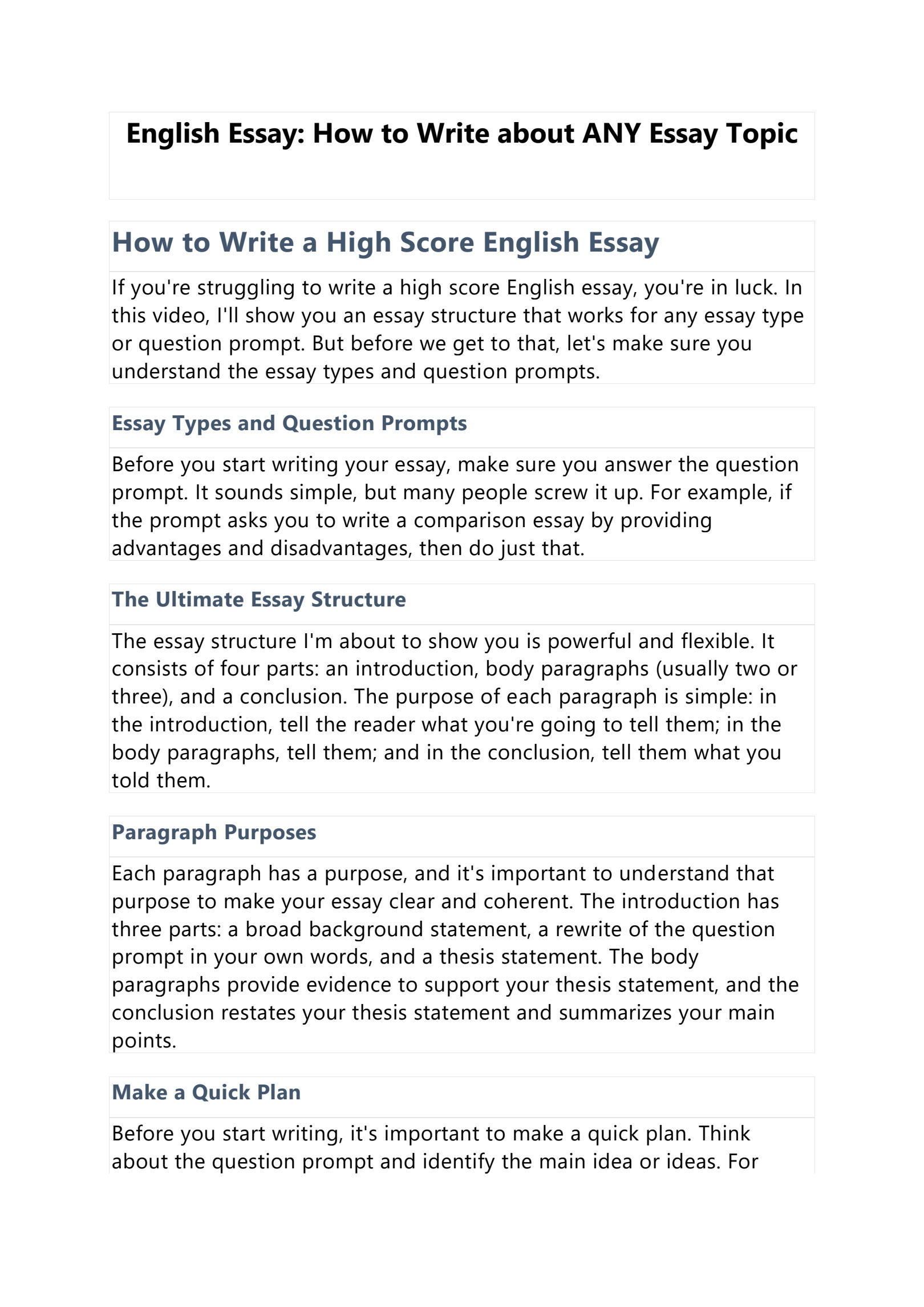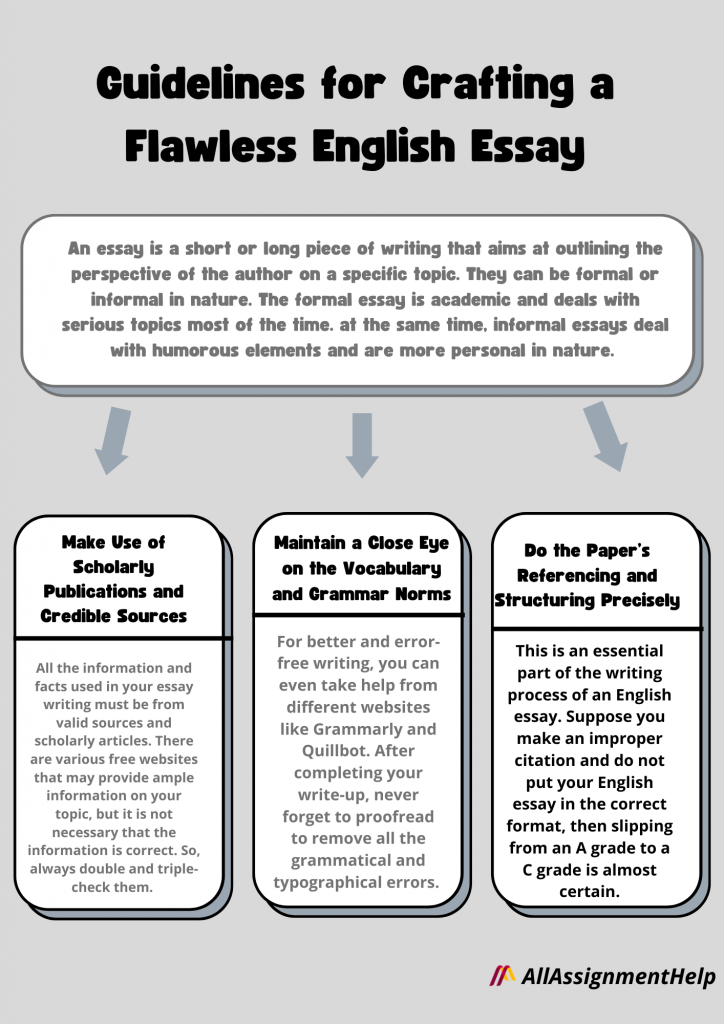Master IELTS Writing Essays in Just 15 Minutes
Master IELTS Writing Essays in Just 15 Minutes
Feeling overwhelmed by the IELTS writing section?
You’re not alone.
Many candidates struggle with where to begin.
But here’s the good news: with the right approach, you can master IELTS writing essays in just 15 minutes.
Let’s dive into how you can write effective essays quickly and boost your IELTS score.
What’s the IELTS Writing Task All About?
Before we get into writing strategies, let’s quickly break down what the IELTS writing tasks involve.
There are two tasks:
- Task 1:
- Academic Module: Describe visual information in your own words.
- General Training Module: Write a letter.
- Task 2:
- Write an essay responding to a point of view, argument, or problem.
This guide will focus on Task 2 since many candidates find it the trickiest.
For a detailed overview of essay types, check out this YouTube video.

Key Components of IELTS Writing Essays
To nail your IELTS essay, you need to understand these essential components:
1. Task Response
- Make sure your essay answers the question directly.
- Understand the prompt and address all parts.
- Identify key issues to create a comprehensive response.
2. Coherence and Cohesion
- Your ideas should flow logically.
- Use effective paragraphing and linking words.
- Cohesion connects sentences, while coherence ensures clarity.
3. Lexical Resource
- A varied vocabulary makes your essay shine.
- Use precise language to strengthen your arguments.
- Avoid repeating the same words—mix it up with synonyms!
4. Grammatical Range and Accuracy
- Show off a mix of sentence structures.
- Use simple, compound, and complex sentences correctly.
- Watch out for punctuation and common grammatical mistakes.
Writing Strategies for IELTS Essays
Now that you know what to focus on, let’s explore how to write essays in just 15 minutes.
Step 1: Plan Your Time
- The writing test lasts 60 minutes.
- Here’s a solid time breakdown:
- 5 minutes: Read the question and brainstorm ideas.
- 10 minutes: Outline your essay.
- 20 minutes: Write your essay.
- 10 minutes: Proofread and edit.
Step 2: Read the Question Carefully
- Take a moment to understand the question.
- Highlight key phrases to ensure you cover everything.
Step 3: Identify Issues to Address
- List the main points or arguments in the prompt.
- Tackle each one in your essay.
Step 4: Outline Your Response
A clear outline is crucial.
Follow this structure: - Introduction: Introduce the topic and state your main argument. - Body Paragraphs: Each paragraph covers one main idea with supporting evidence. - Conclusion: Recap your main points and restate your position.
Step 5: Expand on Your Ideas
- Jot down key points and examples for each paragraph.
- This keeps you focused and ensures you cover all necessary info.
Step 6: Connect Your Ideas
- Use linking words for smoother reading.
- Some useful phrases include:
- To list ideas: Firstly, Secondly, Moreover
- To provide examples: For instance, Such as
- To compare ideas: On the other hand, Conversely
Step 7: Write the First Draft
- Keep it formal and steer clear of slang.
- Mix up your sentence structures for readability.
Step 8: Proofread Your Essay
- After your draft, take a moment to proofread.
- Read it silently or aloud to catch mistakes.
- Look for areas to improve clarity and coherence.
Step 9: Edit Your Essay
- Make necessary edits based on your proofreading.
- Check for long sentences, repeated words, and complex paragraphs.
Step 10: Final Proofread
- Do one last read-through before submitting.
- Ensure you’ve covered all points and followed your outline.
The Importance of Practice
Just like any skill, practice is key for success in the IELTS writing section.
Regularly writing essays and getting feedback will sharpen your skills.
Consider joining study groups or online forums to share your essays and receive constructive criticism.
Additional Resources
Looking for more help? Check these out:
- 10 Steps to Writing High-Scoring IELTS Essays: A detailed breakdown of the writing process with handy tips.
- IELTS Academic Writing in 15 Minutes: A video that covers the basics of academic writing and how to hit a band 7 score.
Conclusion
Mastering the IELTS writing essay doesn’t have to be a nightmare.
By understanding the key components, using effective strategies, and practicing regularly, anyone can do well in this section.
Remember, preparation is everything.
With the right approach, you can achieve your desired IELTS score.
FAQs
Q: How long should my IELTS essay be?
A: Aim for 250 words for Task 2.
Q: Can I use informal language in my essay?
A: No, keep your writing formal and avoid slang.
Q: How can I improve my vocabulary for IELTS?
A: Read widely, practice writing, and learn synonyms to expand your word bank.
Final Thoughts
Don’t forget to check out the YouTube video that inspired this guide.
It offers valuable insights to help you understand all IELTS writing essays in just 15 minutes.
With dedication and the right strategies, you can tackle your IELTS writing tasks with confidence.
Happy writing!

